Welcome to the anthropology vocabulary page! This page is designed to help you study and learn key terms related to the field of anthropology. You will find a variety of resources including games, flashcards, and other tools to aid in your understanding of the subject. Whether you are a student or simply interested in anthropology, this page will provide you with the necessary vocabulary to enhance your knowledge in this area.
Anthropology is the study of humans, past and present, focusing on their behavior, culture, biology, and societies. This field of study encompasses a wide range of topics including evolution, language, religion, and social structures. Anthropologists use a variety of methods including fieldwork, interviews, and participant observation to understand the complexities of human societies and how they have evolved over time. By studying anthropology, individuals gain a deeper understanding of the diversity of human cultures and the similarities that connect us all.
Practice & Reinforce Your Learning
Anthropology Vocabulary List
Cultural Anthropology
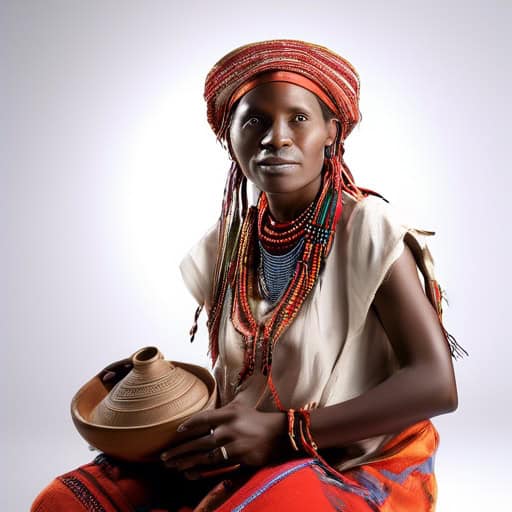
- I conducted an ethnography of a rural community in South America, living among the people for six months to understand their customs and traditions.
- The ethnographer's detailed descriptions and analysis of the tribe's daily life provided valuable insights into their social structure and belief systems.
- Through ethnography, researchers can gain a deeper understanding of the complexities of human societies and the ways in which culture shapes people's lives.

- Heritage and tradition play a significant role in shaping a community's culture.
- Anthropologists study how culture influences social behavior and norms.
- Cultural diversity enriches societies by promoting tolerance and understanding.

- - The Silk Road played a vital role in facilitating cultural diffusion between the East and the West, allowing for the exchange of goods, ideas, and beliefs.
- - The colonization of the Americas by European powers led to the widespread cultural diffusion of languages, religions, and customs among the indigenous populations.
- - In today's interconnected world, cultural diffusion is accelerated through technology, with social media platforms enabling the sharing of cultural trends and practices across borders.
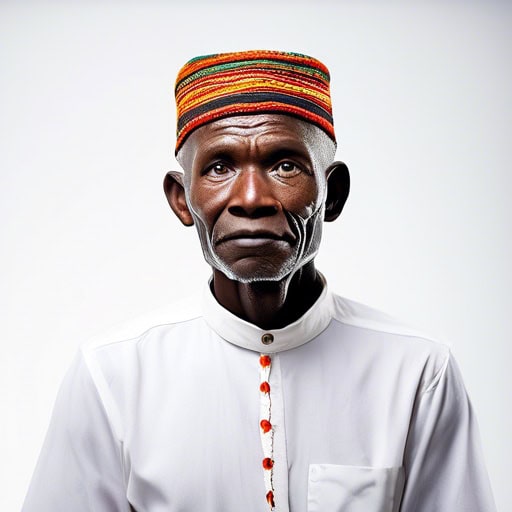
- During the participant observation, the researcher lived with the indigenous tribe for six months to better understand their customs and traditions.
- The researcher conducted participant observation in a small fishing village to study the daily life and economic activities of the community.
- Participant observation allowed the researcher to gain a deeper insight into the social dynamics and interactions of the group being studied.
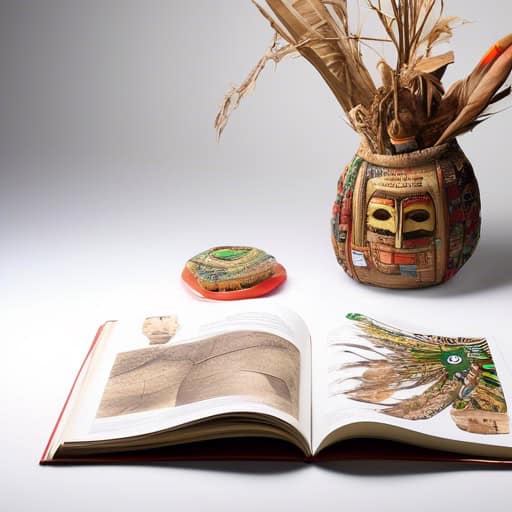
- Cultural ecology examines how different cultures interact with their natural surroundings.
- Researchers in the field of cultural ecology explore how environmental factors influence cultural practices and beliefs.
- The concept of cultural ecology highlights the importance of understanding the complex relationship between human societies and the environment.

- Cultural relativism challenges the idea that one culture's values are superior to another's. It encourages individuals to approach different cultures with an open mind and without judgment. Understanding cultural relativism can lead to greater tolerance and respect for diverse ways of life.
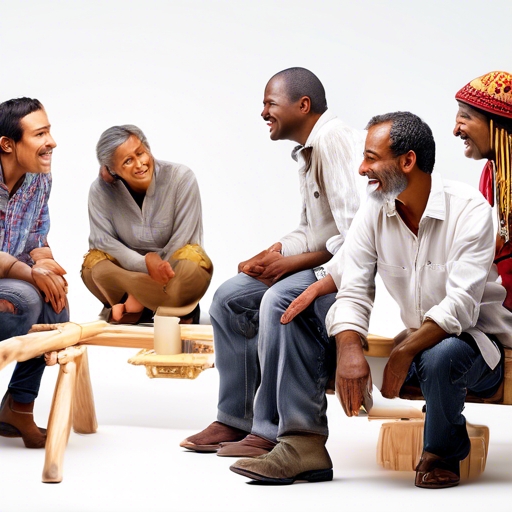
- The social organization of the small village prioritized community gatherings and mutual support.
- Social organizations like religious institutions and clubs play a significant role in shaping individual identity.
- The social organization of the company promoted collaboration and communication among employees.

- My siblings and I share a strong kinship with each other, despite our differences.
- In many cultures, kinship plays a crucial role in determining social status and obligations.
- The tribe's kinship system was based on matrilineal descent, tracing lineage through the mother's side.
Physical Anthropology

- Physical Anthropology is the study of human evolution and biological variability.
- Researchers in Physical Anthropology often conduct studies on primates to better understand human origins.
- Many universities offer courses in Physical Anthropology as part of their anthropology programs.
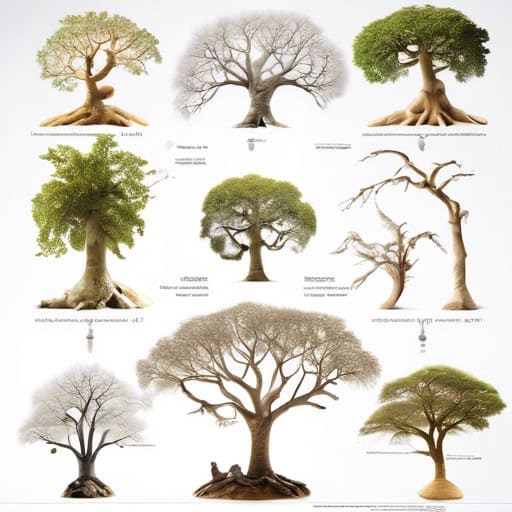
- The study of human evolution in physical anthropology involves examining the changes in hominin species over millions of years.
- Evolutionary theories suggest that natural selection plays a significant role in shaping the physical characteristics of organisms.
- The concept of evolution has revolutionized our understanding of the origins and development of life on Earth.

- Primates are known for their complex social structures and high cognitive abilities.
- Some primates, like chimpanzees, use tools to forage for food.
- Humans are considered to be the most advanced primates due to their ability to communicate through language and their advanced problem-solving skills.

- Hominids are believed to have evolved in Africa around 6 million years ago.
- Some of the most well-known hominids include Homo habilis, Homo erectus, and Homo neanderthalensis.
- Studies have shown that hominids were capable of using tools and engaging in complex social behaviors.

- The study of genetics in physical anthropology helps researchers understand how different populations have adapted to their environments over time.
- Genetics plays a crucial role in determining an individual's physical traits, such as height, skin color, and susceptibility to certain diseases.
- By studying genetics, anthropologists can trace the movement of ancient human populations and their genetic legacy in modern-day populations.

- The museum had an impressive collection of dinosaur fossils on display.
- Paleontologists study fossils to learn more about ancient life forms.
- The excavation site yielded a variety of well-preserved fossils from the Jurassic period.

- The arctic fox's thick fur is an adaptation that helps it withstand freezing temperatures.
- The long neck of the giraffe is an adaptation that enables it to reach leaves high up in trees.
- The ability of chameleons to change color is an adaptation that helps them blend in with their surroundings.

- Human variation is a natural and important aspect of our species' biological diversity.
- Studying human variation can provide valuable insights into our evolutionary history and genetic relationships.
- Anthropologists use measurements and observations of human variation to understand how populations have adapted to different environments.
Linguistic Anthropology

- Her research in phonetics focused on analyzing the frequency and intensity of vowel sounds in different languages.
- Studying phonetics helped her understand the articulatory processes involved in producing specific speech sounds.
- The phonetics course introduced students to the International Phonetic Alphabet, a system used to transcribe the sounds of speech from any language.

- The concept of linguistic relativity suggests that the structure and vocabulary of a language can affect how speakers perceive reality.
- Researchers have conducted studies to explore the extent to which linguistic relativity plays a role in shaping cognitive processes.
- Some argue that linguistic relativity is a crucial factor in understanding cultural differences and individual perceptions.
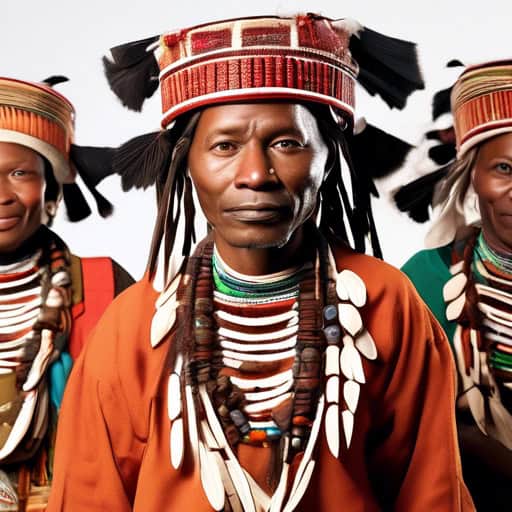
- Ethnography plays a crucial role in understanding how language shapes cultural identity and social interactions.
- The ethnographer immersed herself in the community for months to gather data for her ethnography on language use among the indigenous population.
- Through ethnography, researchers can uncover the intricate ways in which language reflects and reinforces social norms and power dynamics within a society.
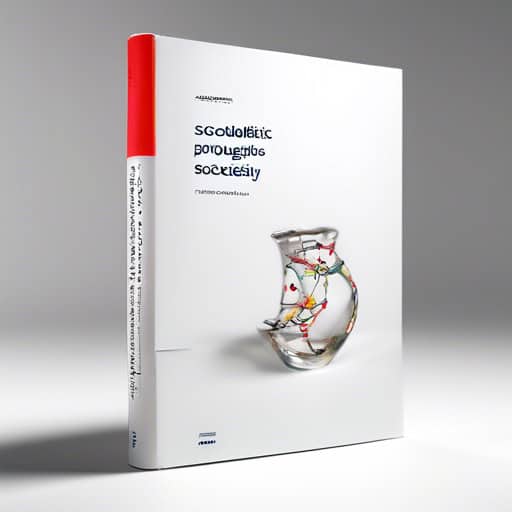
- Sociolinguistics examines how language varies based on social class, gender, ethnicity, and other factors.
- Researchers in sociolinguistics may analyze language attitudes and perceptions among different social groups.
- One of the main goals of sociolinguistics is to understand how language shapes and reflects social identities.

- Effective communication is essential in maintaining healthy relationships.
- Miscommunication can lead to misunderstandings and conflict.
- In linguistic anthropology, the focus is on analyzing how communication styles differ across cultures.
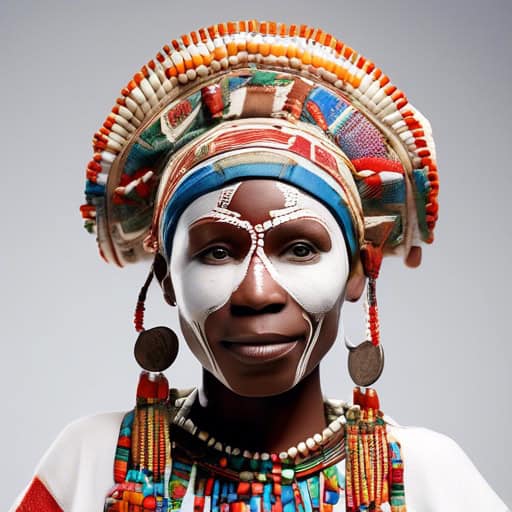
- The company's culture promotes collaboration and innovation among employees.
- Studying abroad allowed me to immerse myself in a new culture and gain a deeper understanding of global perspectives.
- It is important to respect and appreciate different cultures in order to foster inclusivity and diversity within society.

- Learning a new language can open doors to understanding different cultures and ways of thinking.
- The study of language in linguistic anthropology helps researchers uncover patterns of communication within societies.
- Language is a powerful tool for expressing thoughts, emotions, and ideas.

- Her doctoral thesis focused on discourse analysis of political speeches to uncover underlying power dynamics.
- The professor introduced discourse analysis as a method to analyze how language shapes social relationships in various cultural contexts.
- Researchers used discourse analysis to examine how gender stereotypes are perpetuated through media representations.
Applied Anthropology

- Cross-cultural communication is essential in today's globalized world, where individuals from diverse backgrounds come together to work and collaborate.
- Applied Anthropology delves into the complexities of cross-cultural communication, helping organizations navigate cultural differences and foster effective communication strategies.
- Understanding the nuances of cross-cultural communication can lead to improved relationships, enhanced teamwork, and increased productivity in multicultural environments.
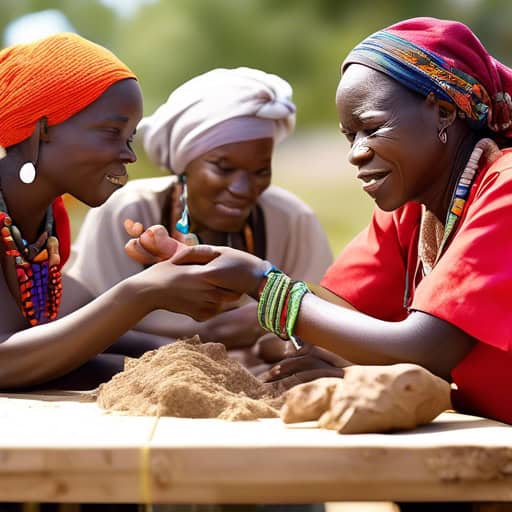
- Community development projects in the rural village have led to improved access to clean water and healthcare services.
- Anthropologists working in the field of community development often collaborate with local residents to identify needs and create sustainable solutions.
- The success of community development initiatives can be measured by the increased sense of empowerment and cohesion within the community.
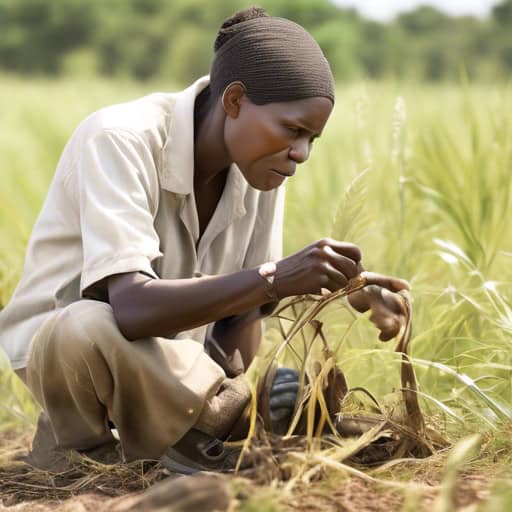
- During my fieldwork in a rural village, I observed the daily routines and interactions of community members.
- The fieldwork experience allowed me to gain a deeper understanding of the cultural practices and beliefs of the local population.
- Conducting fieldwork in a urban neighborhood helped me to explore the social dynamics and challenges facing residents in that area.
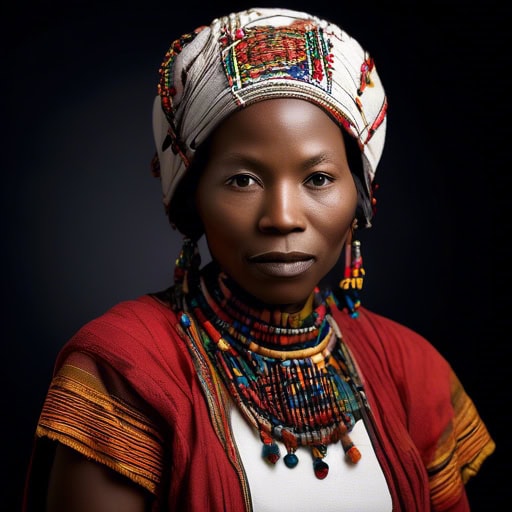
- The anthropologist demonstrated cultural sensitivity by immersing themselves in the local community and learning the language and customs.
- It is important for researchers to approach their work with cultural sensitivity in order to avoid inadvertently causing harm or offense.
- Effective cross-cultural communication requires a high level of cultural sensitivity in order to establish trust and mutual understanding.

- Applied research in the field of environmental science aims to develop innovative solutions for sustainable resource management.
- The pharmaceutical industry heavily relies on applied research to develop new drugs and treatments for various medical conditions.
- The field of education benefits greatly from applied research, as it helps improve teaching methods and student outcomes.
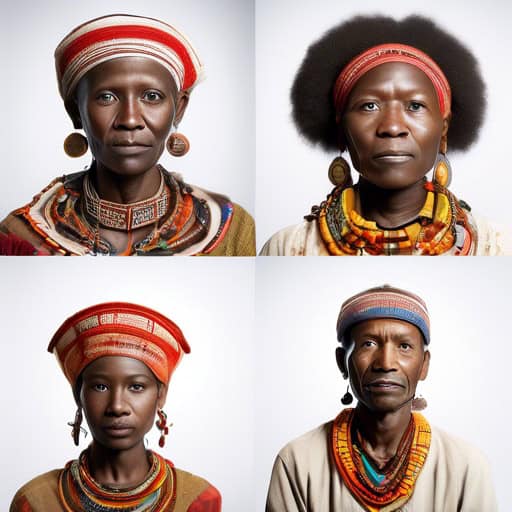
- Ethnography is a key method used in anthropology to study the customs and behaviors of different societies.
- The ethnographer immerses themselves in the community they are studying to gain a deep understanding of their way of life.
- Through ethnography, anthropologists can provide valuable insights into the beliefs and practices of diverse cultures.
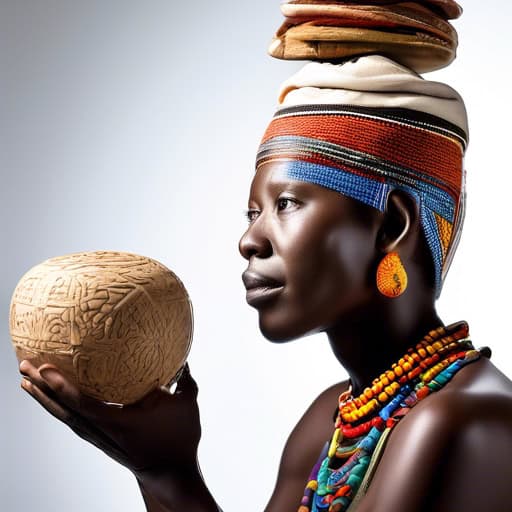
- Cultural relativism challenges the idea of a universal standard for evaluating cultural practices.
- In applied anthropology, cultural relativism is essential for conducting unbiased research and analysis.
- Understanding cultural relativism helps anthropologists avoid ethnocentrism and respect the diversity of human societies.
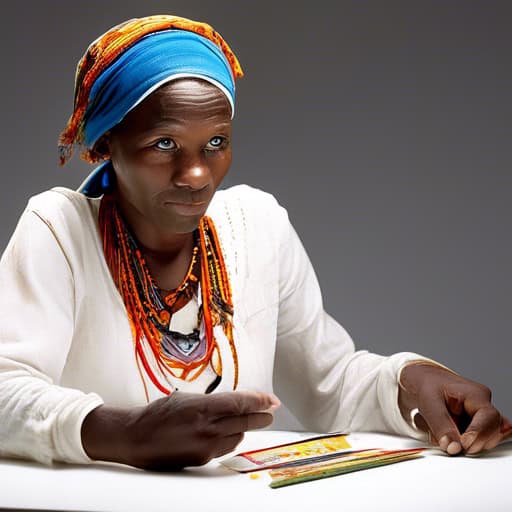
- During my participant observation of a small indigenous community in the Amazon rainforest, I learned that their traditional medicine practices were deeply rooted in their cultural beliefs and history.
- The anthropologist engaged in participant observation by living with a nomadic tribe in Africa for several months, documenting their daily routines and rituals.
- Through participant observation, the researcher was able to gain a deeper understanding of the social dynamics within the remote village in Nepal.
Medical Anthropology
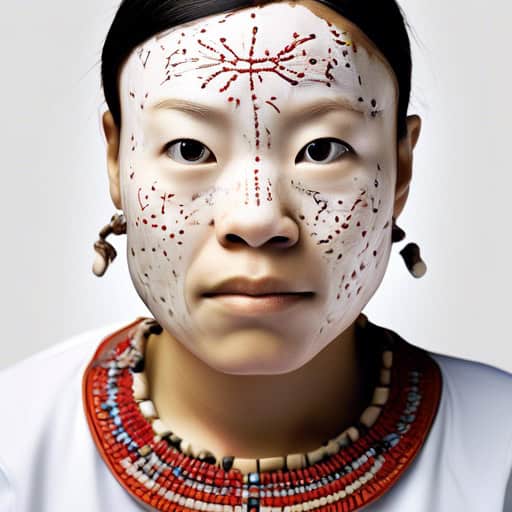
- In some Asian cultures, there is a belief in the existence of culture-bound syndromes such as "koro" which involves an intense fear of the genitals retracting into the body.
- Culture-bound syndromes like "susto" in Latin American cultures are believed to be caused by the soul leaving the body due to a traumatic event.
- The understanding and treatment of culture-bound syndromes may vary significantly across different cultural contexts and may not always align with Western medical perspectives.

- The biomedical model emphasizes the importance of diagnosing and treating diseases based on biological factors.
- In the biomedical model, health is viewed as the absence of disease or pathology.
- Critics of the biomedical model argue that it neglects social and cultural influences on health and illness.

- Ethnomedicine plays a crucial role in understanding the cultural aspects of health and healing.
- Many indigenous communities rely on ethnomedicine for their healthcare needs.
- Researchers are increasingly turning to ethnomedicine to explore the potential benefits of traditional healing practices.

- Sociocultural factors play a significant role in shaping individuals' perceptions of health and illness, as well as their healthcare-seeking behaviors.
- In some cultures, beliefs and traditions related to health and healing may influence the types of treatments sought by individuals.
- Understanding sociocultural factors is crucial for healthcare providers to deliver culturally competent care and improve health outcomes.

- Health disparities between racial and ethnic groups have been well-documented in numerous studies, highlighting the need for targeted interventions and policy changes.
- Socioeconomic status is often a significant factor in determining the extent of health disparities experienced by individuals and communities.
- Addressing health disparities requires a comprehensive approach that includes improving access to healthcare, addressing social determinants of health, and promoting health equity for all populations.

- Traditional healing practices have been passed down through generations in many indigenous communities.
- Some traditional healing practices involve the use of plant-based remedies and ceremonies to promote healing.
- In some cultures, traditional healing practices are seen as interconnected with the natural world and spiritual beliefs.

- Medical pluralism is common in many developing countries where traditional healing practices are still widely used alongside modern medicine.
- In some communities, individuals may seek treatment from both a Western medical doctor and a traditional healer, demonstrating the acceptance of medical pluralism.
- The concept of medical pluralism highlights the importance of respecting diverse cultural beliefs and practices when it comes to healthcare.
Quick Facts
- Anthropology is the study of human societies, cultures, and their development over time.
- There are four main subfields of anthropology: cultural anthropology, archaeology, linguistic anthropology, and physical anthropology.
- Anthropologists use a variety of methods to study human societies, including participant observation, interviews, surveys, and archival research.
- One of the key goals of anthropology is to understand cultural diversity and promote cultural relativism, which is the idea that all cultures are equally valid and should be understood on their own terms.
- Anthropologists often work in diverse settings, from remote villages to urban centers, and may study a wide range of topics such as kinship systems, religious practices, language development, and human evolution.
